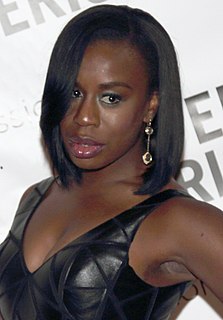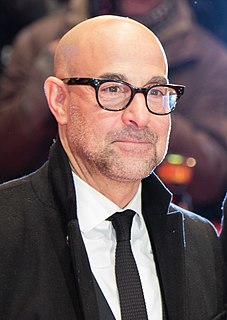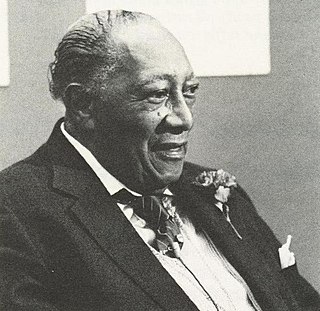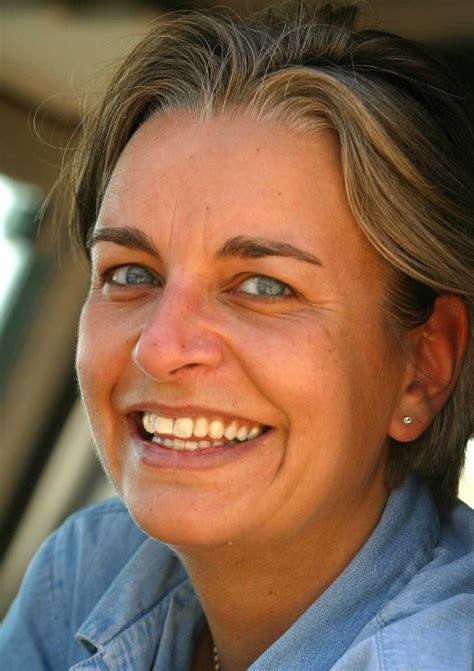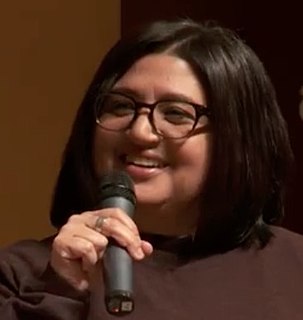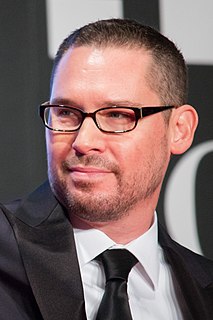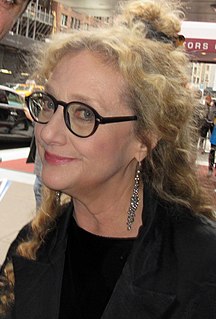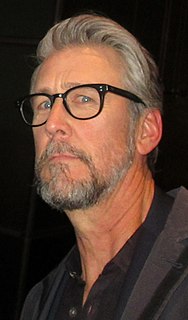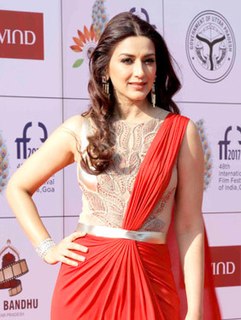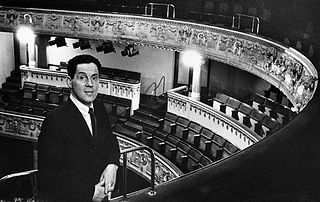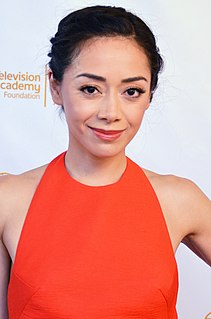A Quote by Uzo Aduba
You think the only thing looking at you is this steel thing, but behind the camera is this living, breathing person operating the camera whose job it is to watch you.
Related Quotes
When you are interviewing someone, never let your camera person turn off the camera. The second you turn off the camera, they'll say the magic thing that you'd been looking for the whole interview. People want to relax after the performance is done. Don't be afraid of awkward silence. That is your friend.
The only thing which completely was an amazement to me and brought me to photography was the work of Munkacsi. When I saw the photograph of Munkacsi of the black kids running in a wave, I couldn't believe such a thing could be caught with the camera. I said, 'Damn it', I took my camera and went out into the street.
I actually think film and TV are sort of the same thing now. To me they're all motion pictures. There's a camera, a script, other actors and a director. Doing a sitcom is a little different. It's kind of a hybrid, half movie, half play, presented in a proscenium fashion - the camera's on one side of the line, the set on the other, the audience sitting behind the cameras.
Latinos are the fastest growing minority, and we're obviously not going anywhere. We're extremely loyal as a people, and I think Hollywood is starting to recognize that. It's very rare for a major studio to nationally distribute a film with Latino talent, not only in front of the camera, but also behind the camera.
